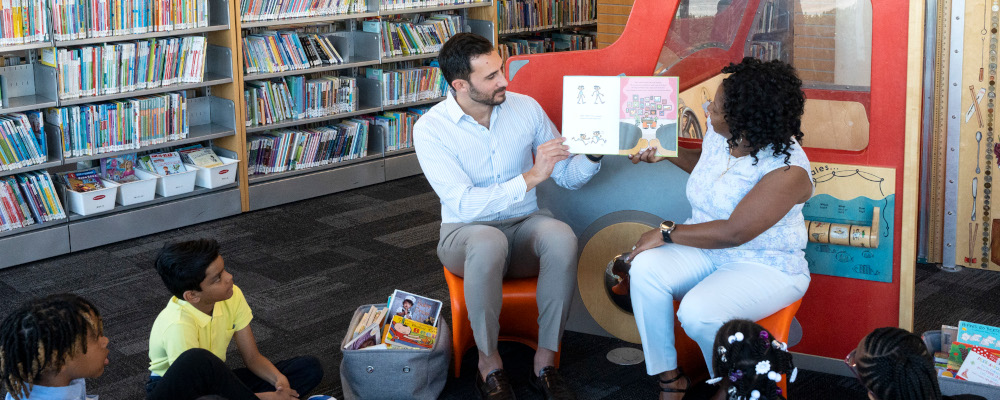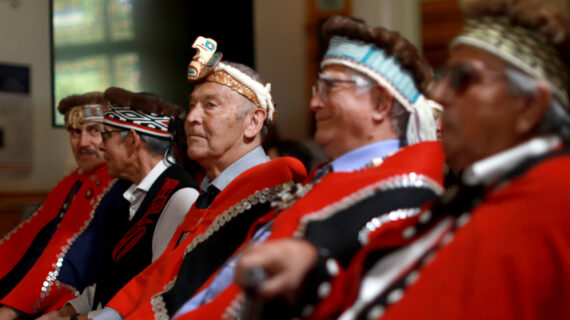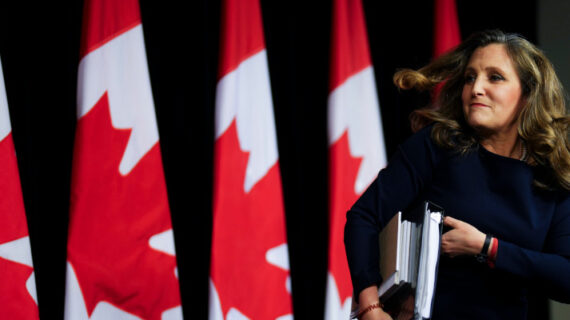What’s in the library? And who decides?
That’s a question some are pondering after a poorly-written CBC investigation of Peel District schools with half-empty shelves, missing beloved texts like The Very Hungry Caterpillar, and books of universally recognized value, like Anne Frank’s diary.
The argument about what’s appropriate material for children in schools is unavoidable. And although it can be frustrating, it’s probably also good for helping us to test our own views and help others do the same. In a public school system, the guidelines that we offer will be determined through public dialogue and responsible governments.
We should resist the urge to make those guidelines too specific.
I have a dramatically different reading of the original CBC story from the reading in The Hub by Brian Dijkema. The emptying of school library shelves was not a response to directions that came “straight from the top”. As readers were informed in paragraph *counts* 51 of the CBC story, the weeding process “rolled out wrong”—not in line with instructions from the minister or even the school board.
Rather than evaluating books according to a bureaucratic but basically benign process (described starting in paragraph 35) that starts with books that are at least fifteen years old, librarians in several schools culled books based on publication date alone (made clear in paragraph 43). These details about what schools were actually told to do should be front and centre in the story, not buried after whole sections of speculation about how equity criteria could theoretically have endangered the content of school libraries.
There are three background narratives to this story: A dramatic increase in book suppression in U.S. schools and public libraries, worries about “woke politics”, and a need by those fed up with hyper-partisanship for both sides to be wrong.
Normally, a buried lede is just annoying. In this political climate, it’s kindling. I have no doubt that framing and composing the story to exploit the culture war got a lot of clicks. But one of the best arguments for a public news agency is that, with secure funding, they should not be subject to the pressure to sensationalize news about a banal staff screw-up into something politically electric.
This all happened two weeks ago. It is still gnawing at me because it puts at risk the control of school libraries by librarians and not by bureaucrats or politicians.
Dijkema, laudably, does not want to see libraries in Canada go the way of U.S. libraries in which politicians and politicized library boards have pulled books that are politically out of favour. But Dijkema also expresses what I suspect is a common sentiment:
The fact that the minister’s office issued a directive without offering clear criteria by which a book would be deemed to be ‘inclusive, culturally responsive, relevant, and reflective of students’ (or even a definition of what it means by these extremely vague terms) is an abrogation of duty.
In this, he gets the solution very wrong.
It’s true that the librarians who culled books based on publication dates need to be held accountable. But this demonstration that individuals can mess up should not undermine our faith in local decision-making. Local decisions demand local responses, not systemic ones. The provincial government intervened following popular outrage stemming from an impulse to centralize decision-making power, like the impulse expressed by Dijkema.
First, even if we could all agree on what, specifically, should be disallowed, let’s acknowledge that it’s unrealistic to think that we’d ever be able to issue a directive so specific that it would lead everyone who read it to identify the same books—short of specifically naming the targeted books. It might be appealing to think that we can make the contents of every library predictable, but we can probably only accomplish that via book bans, which we should continue to oppose.
We should also recognize that these decisions are really hard! Even the claim that inaccurate books are more appropriate for weeding from the library is more complicated than it seems. Nomi Clare Lazar makes a persuasive case for the value of inaccurate content in school libraries: students should learn how our ideas have changed. A school library, with teachers and librarians to help students contextualize and understand the language and errors, seems like a good place to learn. After all, these books will be available to students after graduation either way.
But most of all, we should acknowledge that individual librarians, teachers, and school councils who actually interact with students and their families have a much better chance of understanding and responding to what those students need than government bureaucrats do.

The appropriate response is to recognize that librarians who think it’s OK to pull The Very Hungry Caterpillar and Anne Frank’s diary without a fight are librarians who are not suited to manage the libraries in our schools. They should be disciplined or replaced. The board should also review how it communicated its instructions.
That is how we address a situation like the one described, rather than the situation that most neatly fits with hypercharged political narratives. It’s a boring solution to a boring problem that had an alarming outcome.
When the ministry of education fails to give specific, provincial-wide instructions about what belongs (and what doesn’t) in school libraries it is, emphatically, not an abrogation of duty. It’s leaving the decision-making power at the appropriate level.
We leave ambiguity in provincial guidelines because ambiguity preserves decision-making power at the most local level. We shouldn’t demand exacting specificity at the provincial, or even the school board, level.
When asked whether bureaucrats or librarians should be in charge of our libraries we should answer “librarians”, every time.




